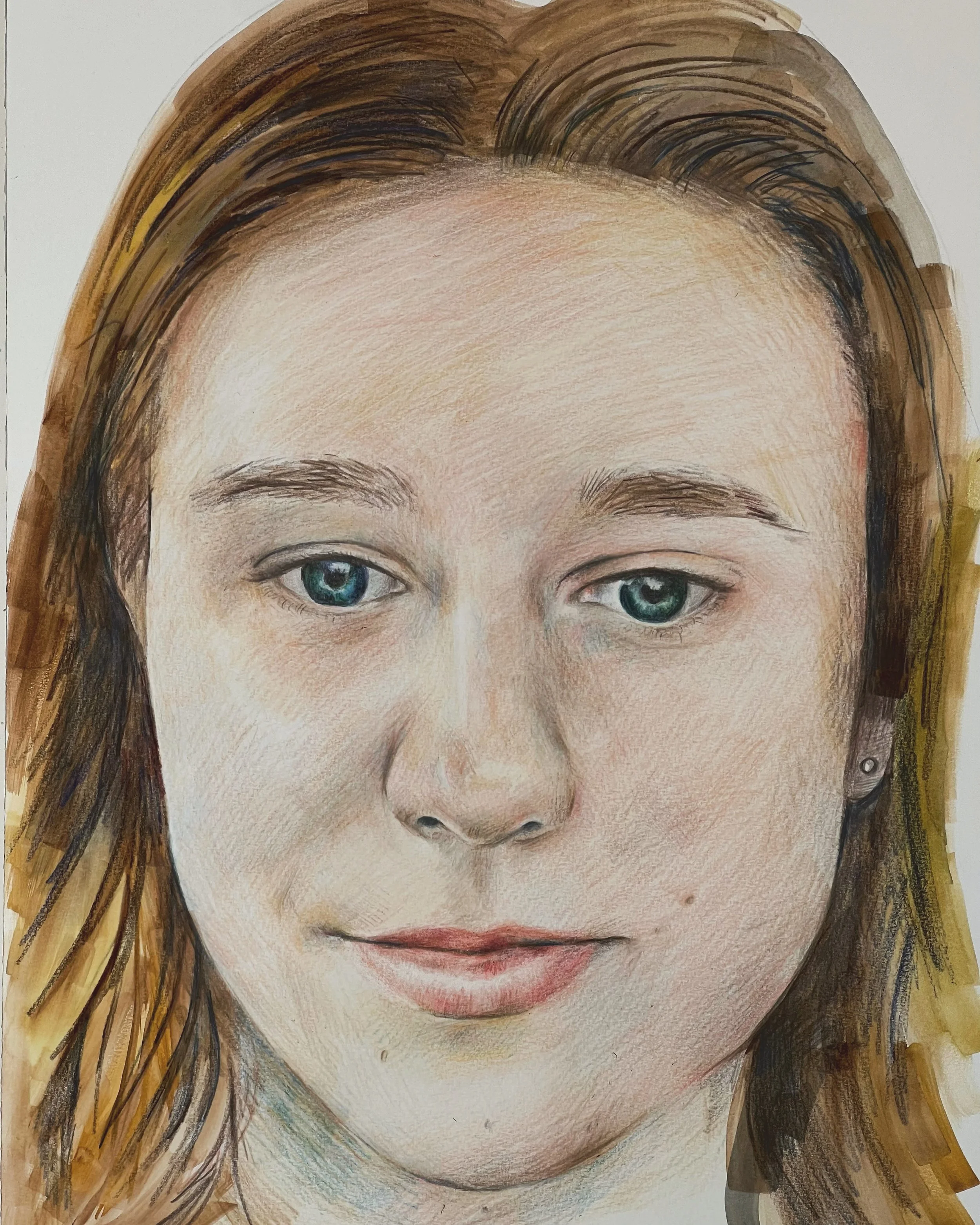 Image 1 of
Image 1 of


57. Ash
57. Ash, 23, England, UK
@AshDetrans on X
“I socially transitioned at 17, and I started testosterone at 19 in February 2020. Lockdown hit a month later; I went through the major changes of testosterone behind closed doors. I moved away to university that summer, and later sought a top surgery referral and consultation. I very much enjoyed the changes that testosterone brought until around a year on testosterone.
My voice continued to deepen past what felt comfortable, including the masculinisation of my face. I started not to recognise myself in the mirror. After I realised how autism could explain why I struggled with certain things, how trauma played a role, and primarily changed my mind about the surgeon, I cancelled the top surgery consultation.
At some stage, I switched to the NHS for my care. The NHS Gender service was unfortunately not helpful when I told them I’m not sure if I’m a trans guy anymore. Shortly after this, I reached breaking point.
In May 2021, I began to accept the need to detransition. Anxiety-related coping mechanisms helped me to overcome distress about my body and social anxiety. I accepted the reality that I was born female and what that means. I also struggled with my sexuality and later accepted I’m bisexual. Susan and Marcus Evans’ book on a therapeutic model for gender dysphoria also helped me to understand why I decided to transition.
Despite the mental health challenges I faced, I finished my undergraduate degree in Psychology with Cognitive Neuroscience. I discussed with the NHS gender service about their inadequate care, and they proposed to introduce a ‘non-active care pathway’ for service users. In my opinion, this change is not enough, but it is one step in the right direction.”
57. Ash, 23, England, UK
@AshDetrans on X
“I socially transitioned at 17, and I started testosterone at 19 in February 2020. Lockdown hit a month later; I went through the major changes of testosterone behind closed doors. I moved away to university that summer, and later sought a top surgery referral and consultation. I very much enjoyed the changes that testosterone brought until around a year on testosterone.
My voice continued to deepen past what felt comfortable, including the masculinisation of my face. I started not to recognise myself in the mirror. After I realised how autism could explain why I struggled with certain things, how trauma played a role, and primarily changed my mind about the surgeon, I cancelled the top surgery consultation.
At some stage, I switched to the NHS for my care. The NHS Gender service was unfortunately not helpful when I told them I’m not sure if I’m a trans guy anymore. Shortly after this, I reached breaking point.
In May 2021, I began to accept the need to detransition. Anxiety-related coping mechanisms helped me to overcome distress about my body and social anxiety. I accepted the reality that I was born female and what that means. I also struggled with my sexuality and later accepted I’m bisexual. Susan and Marcus Evans’ book on a therapeutic model for gender dysphoria also helped me to understand why I decided to transition.
Despite the mental health challenges I faced, I finished my undergraduate degree in Psychology with Cognitive Neuroscience. I discussed with the NHS gender service about their inadequate care, and they proposed to introduce a ‘non-active care pathway’ for service users. In my opinion, this change is not enough, but it is one step in the right direction.”
57. Ash, 23, England, UK
@AshDetrans on X
“I socially transitioned at 17, and I started testosterone at 19 in February 2020. Lockdown hit a month later; I went through the major changes of testosterone behind closed doors. I moved away to university that summer, and later sought a top surgery referral and consultation. I very much enjoyed the changes that testosterone brought until around a year on testosterone.
My voice continued to deepen past what felt comfortable, including the masculinisation of my face. I started not to recognise myself in the mirror. After I realised how autism could explain why I struggled with certain things, how trauma played a role, and primarily changed my mind about the surgeon, I cancelled the top surgery consultation.
At some stage, I switched to the NHS for my care. The NHS Gender service was unfortunately not helpful when I told them I’m not sure if I’m a trans guy anymore. Shortly after this, I reached breaking point.
In May 2021, I began to accept the need to detransition. Anxiety-related coping mechanisms helped me to overcome distress about my body and social anxiety. I accepted the reality that I was born female and what that means. I also struggled with my sexuality and later accepted I’m bisexual. Susan and Marcus Evans’ book on a therapeutic model for gender dysphoria also helped me to understand why I decided to transition.
Despite the mental health challenges I faced, I finished my undergraduate degree in Psychology with Cognitive Neuroscience. I discussed with the NHS gender service about their inadequate care, and they proposed to introduce a ‘non-active care pathway’ for service users. In my opinion, this change is not enough, but it is one step in the right direction.”
